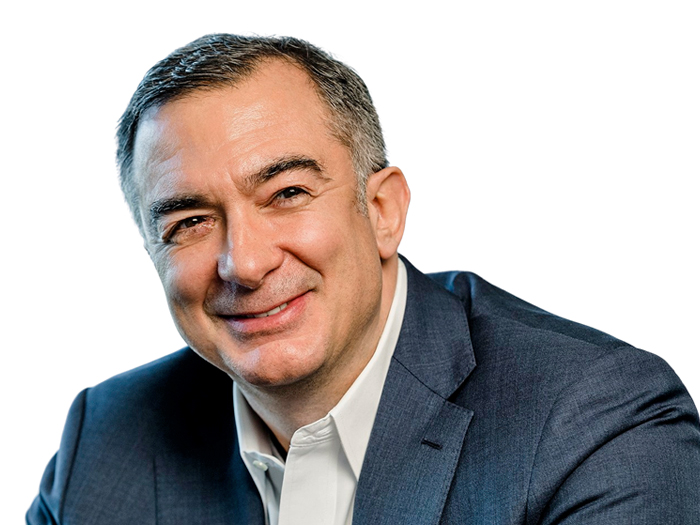Treating Injured Workers as Equals; Not Adversaries

Even among those not adopting a formal claims advocacy approach, mindsets are shifting. Formerly claims-centric programs are becoming worker-centric and it’s a win all around: better outcomes; greater productivity; safer, healthier employees and a stronger bottom line.
That’s a theme common to the four recipients of the 2018 Teddy Awards, sponsored by PMA Companies. These four programs put workers front and center in everything they do.
“We were focused on building up a program with an eye on our partner experience. Cost was at the bottom of the list. Doing a better job by our partners was at the top,” said Steve Legg, director of risk management for Starbucks.
Starbucks put claims reporting in the hands of its partners, an exemplary act of trust. It also implemented direct deposit for lost-time pay, eliminating stressful wait times for injured partners, and allowing them to focus on healing.
Teddy winner Main Line Health (MLH) adopted worker advocacy in ways that go far beyond claims, including adopting a non-adversarial approach to workers with repeat injuries, seeing them as a resource for identifying areas of improvement.
“When you look at ‘repeat offenders’ in an unconventional way, they’re a great asset to the program, not a liability,” said Mike Miller, manager, workers’ compensation and employee safety for MLH.
Teddy winner Monmouth County, N.J. has seen claims severity plunge from $5.5 million in 2009 to $1.3 million in 2017. The county has adopted numerous worker-centric initiatives, including some that help workers manage their weight and improve their wellbeing overall.
“You should see the looks on their faces when their cholesterol is down, they’ve lost weight and their blood sugar is better. We’ve had people lose 30 and 40 pounds,” said William McGuane, the county’s manager of benefits and workers’ compensation.
At the University of Pennsylvania, putting workers first means getting out from behind the desk and finding ways to make every task safer. Keeping eyes in the field has resulted in a phenomenal number of process and equipment changes that seem simple on their own, but in combination have created a substantially safer, healthier campus and improved employee morale.
Risk & Insurance® is proud to honor the work of these four organizations. &










